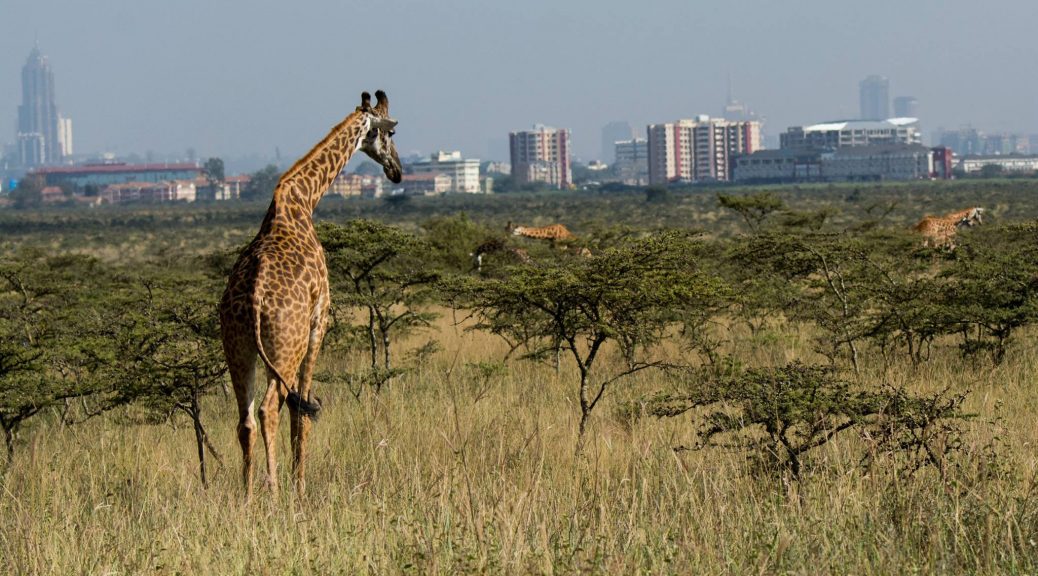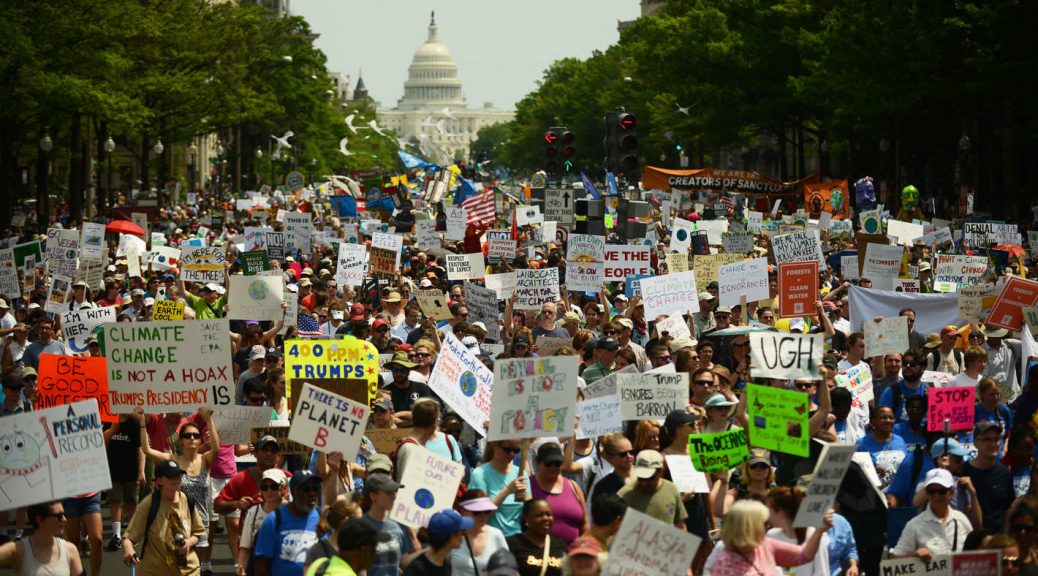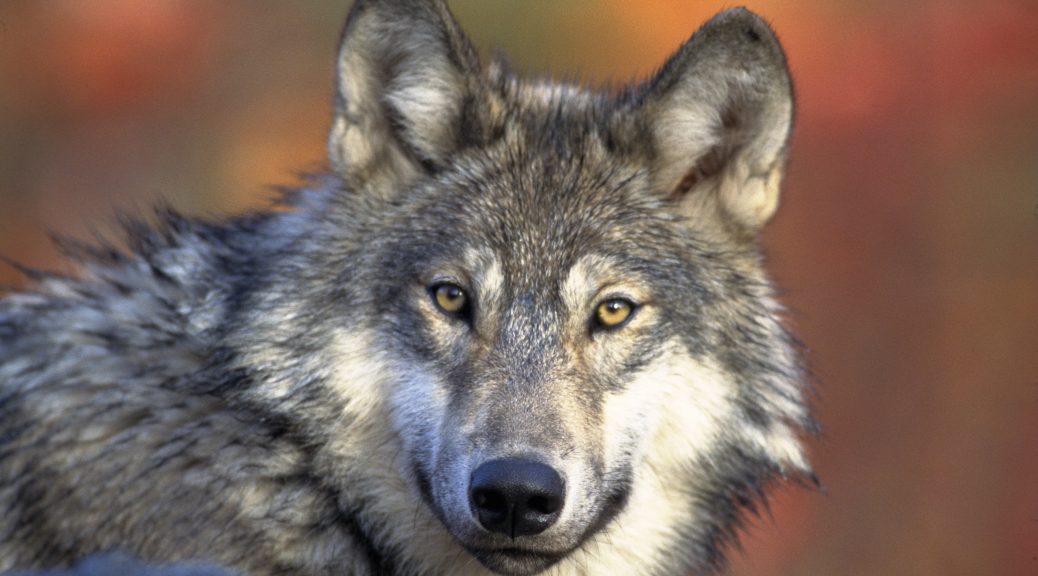Childhood Experiences and Environmental Identities
In a recently completed manuscript draft, I argue that childhood experiences are central for understanding why and how some people come to be involved in the environmental movement. My work centers on identity theory and its central idea that when a person incorporates an identity into their self-concept, and the identity becomes salient, it motivates their behavior (Stryker and Burke 2000). Therefore, I use the framework of environmentalist identities to think about how we can predict and understand which individuals…







